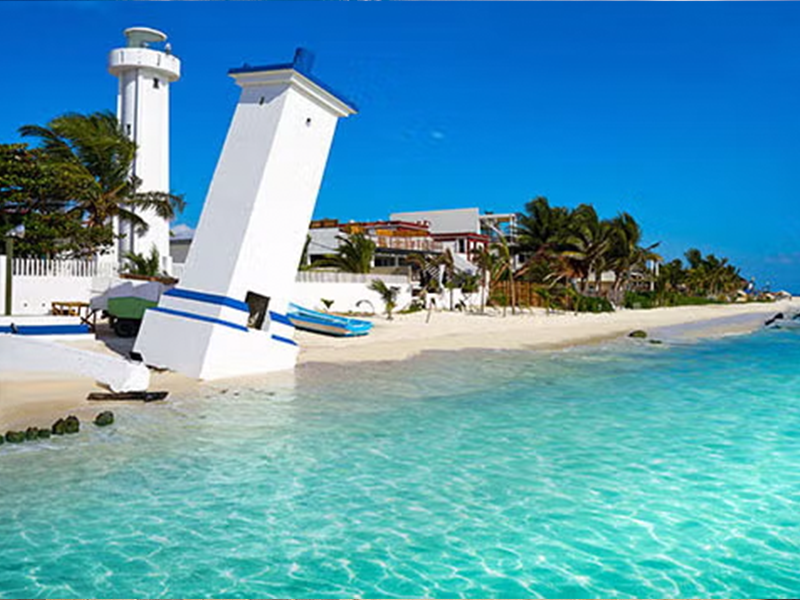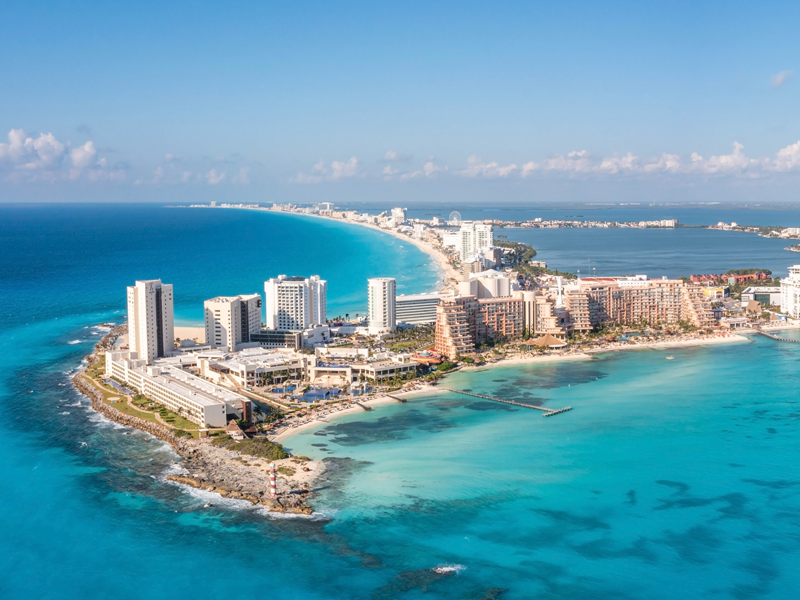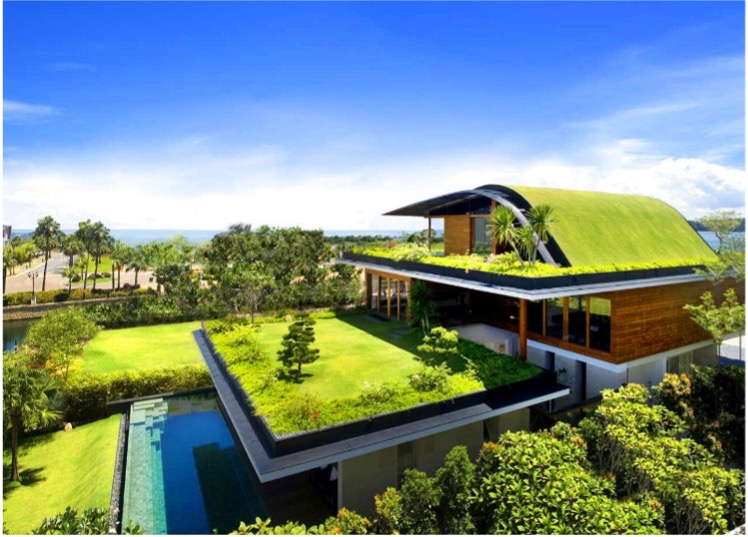
The Emergence of Sustainable & Efficient Housing Designs Certified by EDGE
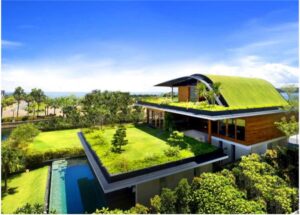 In recent years, a significant shift in the global housing industry has taken place, driven by an increasing awareness of the importance of sustainable living and environmental conservation. This transformation has given rise to a new era of housing design that focuses on creating homes that are not only comfortable and efficient but also environmentally responsible. One of the certification programs leading this movement is EDGE (Excellence in Design for Greater Efficiencies), which recognizes and promotes sustainable housing projects across the world. In this article, we will explore the emergence of designs for sustainable and efficient homes that have obtained EDGE certification.
In recent years, a significant shift in the global housing industry has taken place, driven by an increasing awareness of the importance of sustainable living and environmental conservation. This transformation has given rise to a new era of housing design that focuses on creating homes that are not only comfortable and efficient but also environmentally responsible. One of the certification programs leading this movement is EDGE (Excellence in Design for Greater Efficiencies), which recognizes and promotes sustainable housing projects across the world. In this article, we will explore the emergence of designs for sustainable and efficient homes that have obtained EDGE certification.
The concept of sustainable housing has evolved rapidly in response to the pressing challenges of climate change and resource scarcity. To address these issues, architects and developers are increasingly incorporating eco-friendly technologies, materials, and design principles into residential projects. This trend not only benefits the environment but also enhances the quality of life for homeowners.
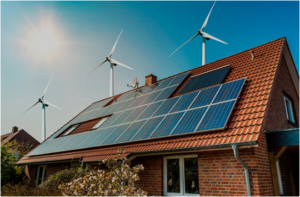 EDGE is a green building certification system that focuses on energy, water, and material efficiency. It is designed to support the creation of resource-efficient, affordable, and sustainable buildings. EDGE certification encourages property developers to implement various green building solutions, from insulation and efficient windows to energy-efficient lighting and water-saving fixtures.
EDGE is a green building certification system that focuses on energy, water, and material efficiency. It is designed to support the creation of resource-efficient, affordable, and sustainable buildings. EDGE certification encourages property developers to implement various green building solutions, from insulation and efficient windows to energy-efficient lighting and water-saving fixtures.
Energy Efficiency: EDGE-certified housing designs prioritize energy-efficient features, such as the use of renewable energy sources like solar panels, efficient HVAC systems, and insulation to reduce heating and cooling energy demands.
Water Conservation: These designs incorporate water-saving fixtures and technologies like rainwater harvesting, which minimize water consumption and promote sustainable water management.
Sustainable Materials: EDGE certification encourages the use of sustainable building materials that are sourced responsibly, reducing the environmental impact of construction.
 Innovation in Design: Architects and developers are encouraged to think creatively and design houses that maximize natural light, ventilation, and space utilization while minimizing waste and resource consumption. Cost-Effective Solutions: EDGE-certified housing designs often focus on affordable sustainability, allowing homeowners to reduce their utility bills and overall environmental footprint.
Innovation in Design: Architects and developers are encouraged to think creatively and design houses that maximize natural light, ventilation, and space utilization while minimizing waste and resource consumption. Cost-Effective Solutions: EDGE-certified housing designs often focus on affordable sustainability, allowing homeowners to reduce their utility bills and overall environmental footprint.
The adoption of EDGE-certified housing designs brings numerous advantages for homeowners, developers, and the environment. These benefits include:
Lower Utility Costs: Reduced energy and water consumption lead to lower utility bills for homeowners, making EDGE-certified homes cost-effective in the long run.
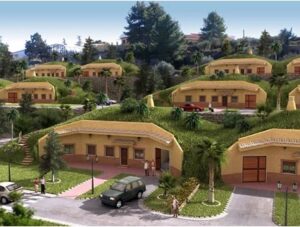 Environmental Responsibility: EDGE certification helps reduce a building’s carbon footprint and resource consumption, contributing to a more sustainable planet.
Environmental Responsibility: EDGE certification helps reduce a building’s carbon footprint and resource consumption, contributing to a more sustainable planet.
Healthier Living Spaces: Improved ventilation and natural lighting enhance the comfort and health of residents.
Increased Property Value: EDGE certification often adds to the market value of properties, making them more attractive to potential buyers or renters.
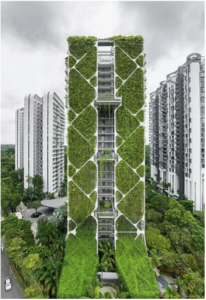
The emergence of sustainable and efficient housing designs certified by EDGE signifies a positive shift in the housing industry. As the world grapples with the consequences of climate change, these designs offer a practical and responsible way to address environmental challenges while providing comfortable, energy-efficient homes for people. The growing popularity of EDGE-certified housing reflects the increasing importance placed on sustainable living and environmentally responsible practices, and it is a step toward a greener and more sustainable future.
The best finance option for Canadians: www.Seaportcredit.ca

